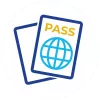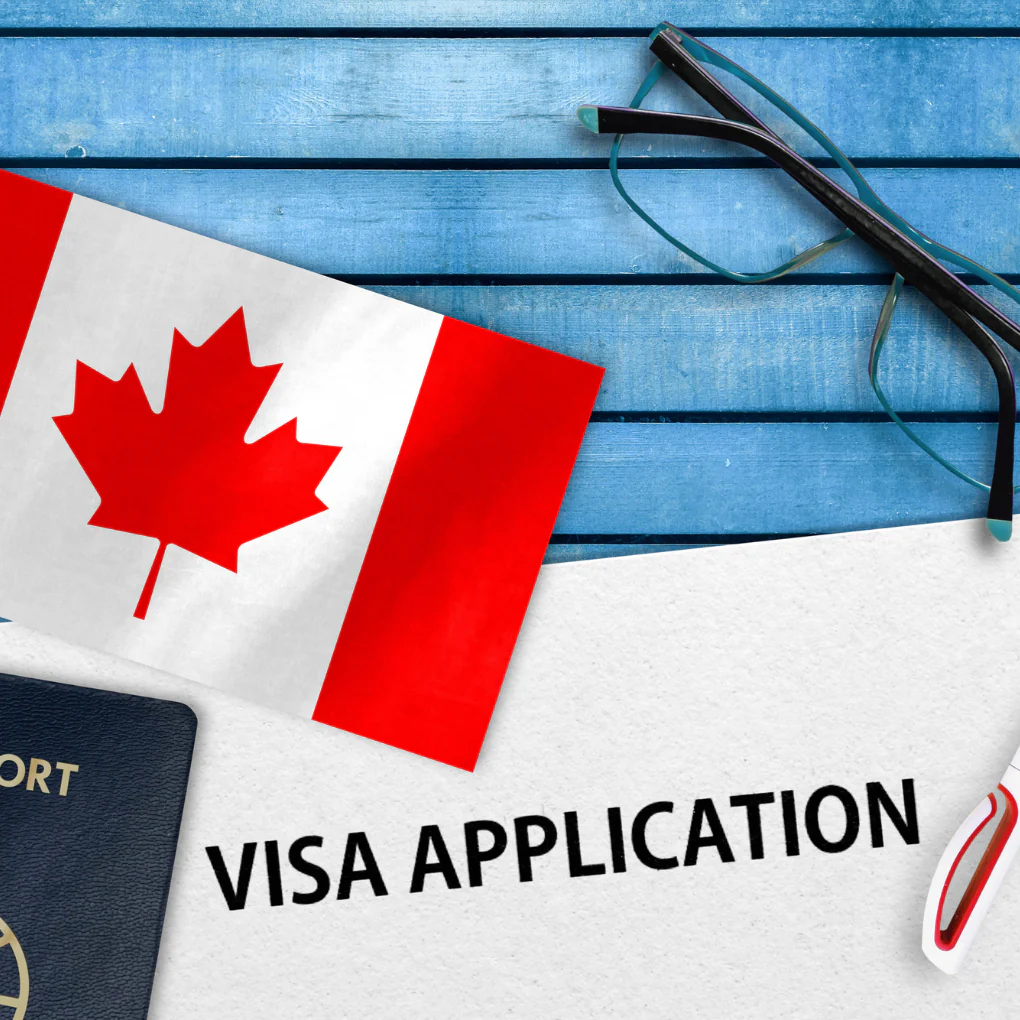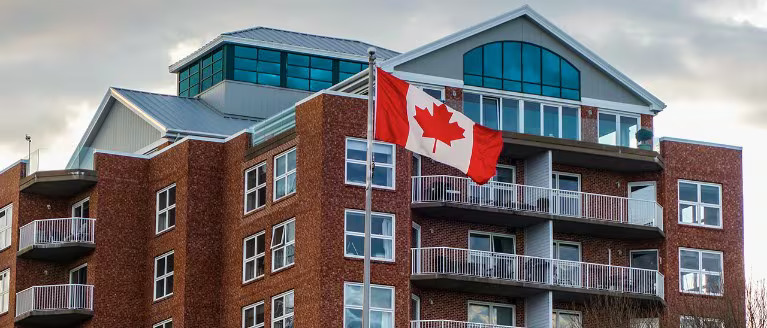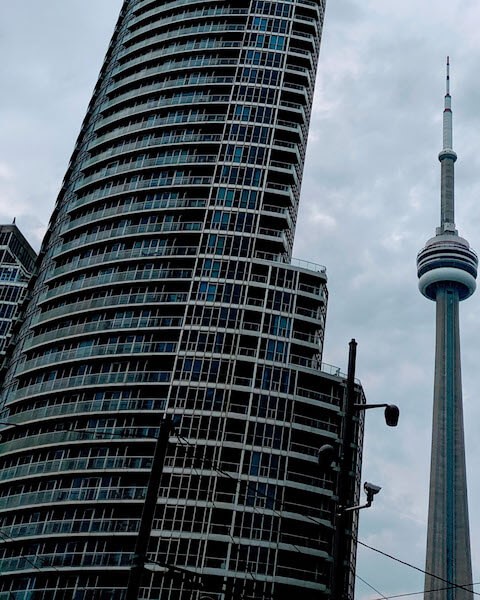The country’s welcoming attitude towards immigrants, coupled with its robust economy and high quality of life, makes it an attractive choice for many and others looking to make a fresh start.
Overall, Canada combines a safe, inclusive society with excellent public services and opportunities for professional and personal growth, making it a compelling choice for expats planning a new life abroad
Visa Requirements for Moving to Canada
Cost of Living in Canada

Housing Cost
Rent for a one-bedroom apartment ranges widely: CAD 500–800 in Montreal, CAD 800–1,200 in Toronto, CAD 900–1,300 in Vancouver, and CAD 600–900 in Edmonton.

Food and Groceries
Monthly grocery costs typically range from CAD 250 to CAD 400 per person, depending on the city and lifestyle. Eating out at inexpensive restaurants averages around CAD 15 per meal, while mid-range restaurants cost about CAD 50 for two people.

Transportation
Public transit monthly passes cost between CAD 80 and CAD 150, varying by city (e.g., CAD 150 in Toronto, CAD 100 in Vancouver, CAD 85 in Montreal). Gasoline prices are generally lower than in the UK, with fuel costing about 38% less per litre on average. Many cities have well-developed public transit systems, reducing the need for a personal vehicle.

Utilities
Basic utilities (electricity, heating, cooling, water, garbage) average around CAD 100 to CAD 200 per month for a standard apartment. Internet service (60 Mbps or higher) costs about CAD 50 to CAD 80 monthly.
Finding the Right Housing in Canada
| Neighbourhood | The Attractions |
|---|---|
| Toronto, ON | Diverse, multicultural, strong job market (finance, tech), excellent public services; Etobicoke is affordable and family-friendly. |
| Vancouver, BC | Stunning natural surroundings, progressive culture, tech and film industries; higher cost of living but excellent quality of life. |
| Montreal, QC | European charm, bilingual (French/English), lower living costs, vibrant arts and tech sectors. |
| Calgary, AB | Strong economy (energy and tech), affordable housing, outdoor activities near Rocky Mountains. |
| Ottawa, ON | Capital city with government jobs, safe neighborhoods, good schools, reasonable living costs. |
| Edmonton, AB | Affordable housing, growing economy, family-friendly, cultural festivals. |
| Quebec City, QC | Rich history, French-speaking, low cost of living, slower pace of life. |
| Halifax, NS | Coastal city with growing economy, affordable housing, maritime lifestyle. |
| Hamilton, ON | Close to Toronto with lower housing costs, revitalized downtown, growing industrial sector. |
Educational System Options in Canada for Expats with Kids
Healthcare system for expat moving to Canada
Canada has a publicly funded universal healthcare system called Medicare, which provides essential medical services free at the point of care for Canadian citizens and permanent residents. As an expat, your eligibility for public health insurance depends on your immigration status and province of residence. Once you become a permanent resident or qualify under certain temporary resident categories (e.g., work or study permits), you can apply for provincial health coverage, which usually begins after a waiting period of up to three months.
During this waiting period, and for non-residents, private health insurance is strongly recommended to cover medical expenses, including doctor visits, hospital care, and prescription drugs not fully covered by the public system.
Taxes Implication in Canada for Foreigners
Cultural differences to be aware of when moving to Canada as an expat
Conclusion
Moving to Canada offers an exciting opportunity to experience a high quality of life, diverse culture, and excellent public services. While the cost of living, visa processes, and healthcare system may initially seem complex, thorough preparation and understanding of these aspects can ease your transition. Choosing the right accommodation, navigating the education system for your children, and embracing Canada’s multicultural and polite society will help you settle comfortably.
Utilising professional international moving services from Crown Relocations Kenya can simplify your move by handling logistics, home search, and settling-in support. By being aware of cultural nuances and planning your finances carefully, you can make the most of Canada’s welcoming environment and abundant opportunities for personal and professional growth. With the right approach, your move to Canada can be a rewarding and enriching new chapter in your life.

No One Knows Better Than Us.
Get moving with our free moving quote form and let us take care of the rest!












